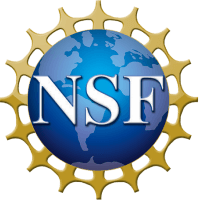RSS feed source: National Science Foundation
Synopsis
NSF is committed to securing the nation’s research enterprise as part of its core mission. The Research on Research Security (RoRS) program will advance the understanding of the full scope, potential, challenges, and nature of the research on research security field through scholarly evidence.
Background
The following activities provide background and context for developing proposals to submit to the RoRS program.
Program Description
Collectively, the research that RoRS funds will foster a broad community that builds collaborations between the STEM research community, research security researchers, and research security practitioners. Interdisciplinary approaches are encouraged, and proposers should address how they will leverage the range of expertise, theories, and methods of the team to engage in evidence-based research on research security. Proposers are encouraged to identify collaborators across a wide range of sectors, and to consider projects in collaboration with international partners that share U.S.
Click this link to continue reading the article on the source website.
